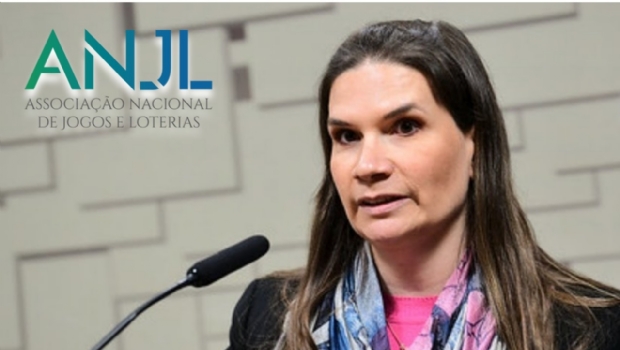
The regulation of the sports betting and online gaming market in Brazil could fail if the country does not opt for an efficient and fair tax regime. This was the assessment made by Tax Law Professor Ana Helena Pamplona, consultant for the National Association of Games and Lotteries (ANJL), during the public hearing on the Selective Tax (IS), held on Tuesday (8) by the Economic Affairs Committee (CAE) of the Federal Senate.
Ana Helena highlighted that the IS, designed to inhibit the consumption of certain goods and services considered harmful to health, could have the opposite effect, encouraging compulsive behavior in gamblers, known as ludopathy.
“It is important to think: what is the desired outcome and whether the Selective Tax will achieve this result. International studies show that when taxation is increased too much, the opposite of what is desired happens: the person who does not gamble responsibly ends up gambling in the irregular market. And that is much worse”, stated Pamplona.
To the senators, the consultant from ANJL explained that the Federal Constitution provides a specific tax regime for the segment of betting pools, which includes the market for sports betting and online games. The efficiency of this regime will ensure Brazil supervision, revenue collection, consumer protection, combating illegal gambling, economic development, and job and income generation.
“My message is: the sector has the same enemy. Those who will benefit from the failure of the regulation and the failure of the tax regime are precisely all those we want to combat, which are all the illegal operators who do not want to pay R$ 30 million (for the grant to the Union) and comply with countless regulatory accessory obligations”, said Pamplona.
Tax burden of 35%
ANJL points out that, without considering the potential application of the Selective Tax, the tax burden for the betting market in Brazil, with collection starting from January 1, 2025, will already be one of the highest in the world. Considering the tax rate of 12% of Gross Gaming Revenue (GGR, which consists of the difference between the total bet and the total paid in prizes) that all betting houses will have to pay, the sector's tax burden will be around 35%.
For the president of ANJL, Plínio Lemos Jorge, the implementation of another tax has the potential to drive away serious companies and even make some that have already requested the federal license give up the process.
“As investors from any sector of the economy do, betting houses will calculate the cost and potential return they will have with their operations in Brazil. Just under three months before the effective start of the regulated market in the country, the discussion of another tax for the sector may make some players recalculate their route. This is what we are demonstrating to the senators”, he stated.
Launched in March 2023, the National Association of Games and Lotteries defends the interests of its members, the sector, and responsible and honest gaming, always guided by the encouragement of sports, the safety of betting, and the contribution to the economic development of the country.
Among the members are galera.bet/Playtech, Big Brazil, F12, PagBet, Betnacional, Mr. Jack, Parimatch, BetFast, Aposta Ganha, Liderança Capitalização, Z.ro Bank, Propane, Paag, Clear Sale, BetBox tv, StarsPay, 1xBet, and PG Soft.
Source: GMB









